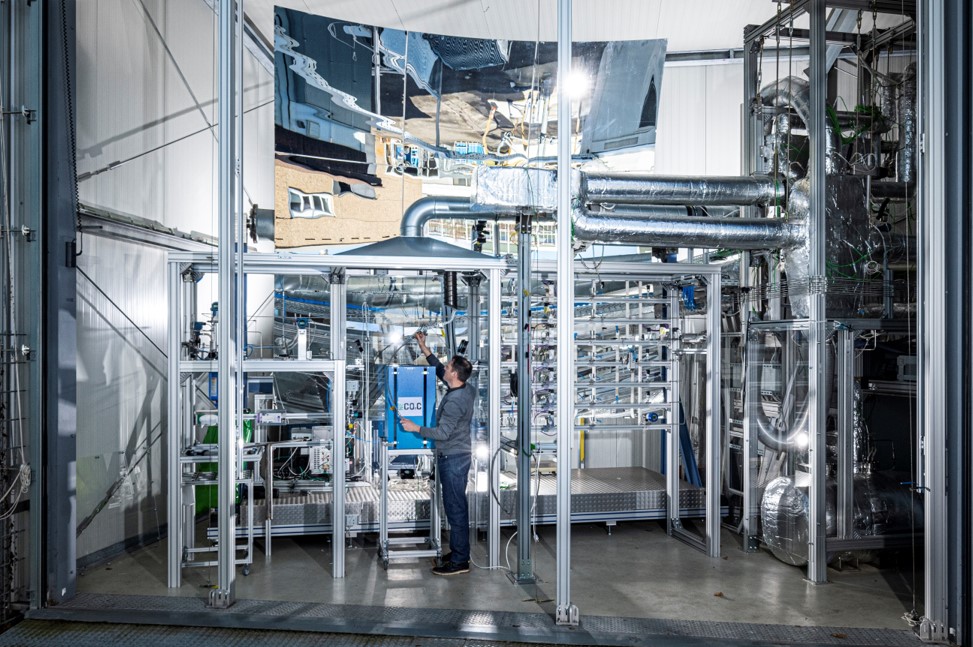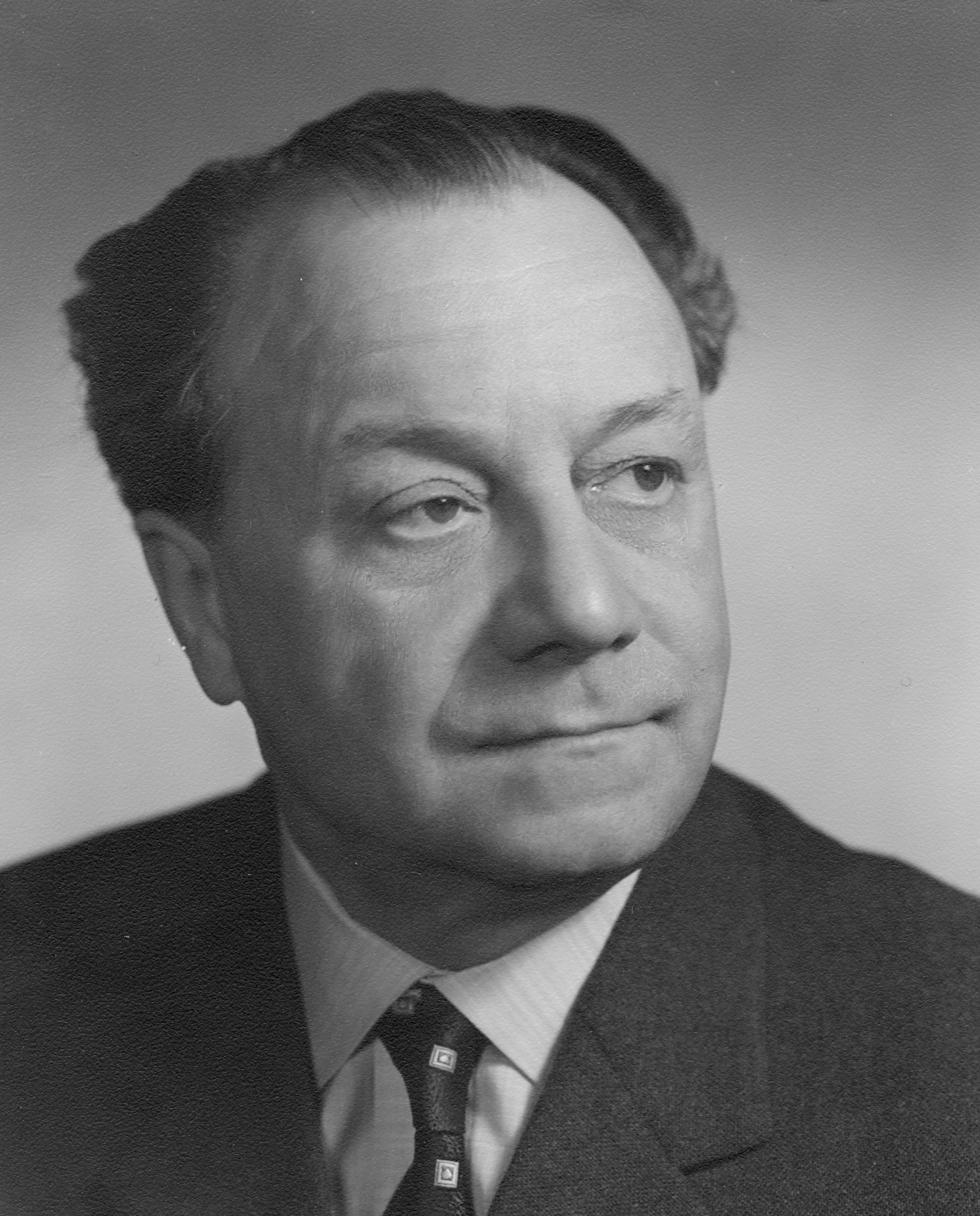Faculty of Chemical Engineering and Process Engineering
Founded in 1969
Institutes 9
Professorships 27
Students 1,400
Degree programs 4
Further information can be found here.
Outstanding current project example
NECOC is an award-winning, highly innovative technology that converts CO2 from the air or from industrial processes with unavoidable emissions into solid carbon, e.g. for energy storage or building materials. NECOC therefore makes a multiple contribution to mitigating climate change and at the same time ensures the preservation of important industrial value chains.
Important invention
High-throughput process development is widely used in the biopharmaceutical industry and is based on the rapid, robot-assisted execution of experiments. The aim is to be able to develop processes for novel drugs in a more targeted manner and in a shorter time. Recently, digital images of processes (digital twins) have also been increasingly used for computer-aided process development.
Important personality
Emil Kirschbaum (1900-1970) played a central role in the development of process engineering as an independent science. From 1928, he set up the first degree course in chemical engineering at the Technical University of Karlsruhe. In 1935 he became a full professor and shortly afterwards head of the new, world's first Institute for Apparatus Engineering (now the Institute for Thermal Process Engineering).



